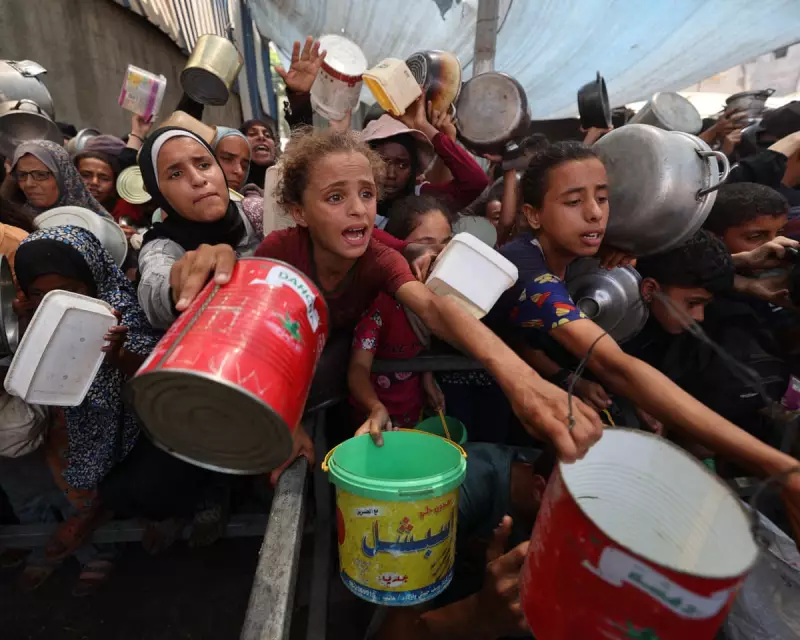
A severe humanitarian crisis is intensifying across Gaza as famine-like conditions grip the territory and diplomatic efforts to secure a lasting ceasefire appear to be stalling, according to recent reports.
The situation on the ground remains dire, with aid organisations struggling to deliver essential supplies amidst ongoing hostilities and logistical challenges. The integrated food security phase classification (IPC) has confirmed the widespread prevalence of catastrophic hunger, affecting a significant portion of the population.
Diplomatic Efforts Face Critical Hurdles
Ceasefire negotiations, mediated by Qatar and other international actors, have hit a significant impasse. Key points of contention include the sequencing of a potential hostage and prisoner exchange and the long-term governance of Gaza once hostilities cease.
Israeli Prime Minister Benjamin Netanyahu has publicly criticised the current proposals on the table, describing them as unacceptable and accusing Hamas of making deliberate obstacles. This hardline stance suggests a return to the negotiating table may not be imminent, prolonging the suffering of civilians.
International Condemnation and Regional Tensions
The international community continues to express grave concern over the escalating death toll and the deteriorating humanitarian situation. Calls for an immediate cessation of hostilities and unimpeded aid access are growing louder from various capitals and international bodies.
Meanwhile, regional tensions remain high. The conflict continues to threaten a broader escalation, with ongoing exchanges of fire along Israel's northern border with Lebanon and attacks on shipping routes in the Red Sea, impacting global trade.
Aid Agencies Sound the Alarm
Humanitarian organisations are issuing increasingly urgent warnings. The World Food Programme and other aid groups highlight the near-impossible conditions for delivering aid safely and effectively. The collapse of internal law and order and the targeting of aid convoys have crippled distribution efforts.
The lack of sufficient nutrition, clean water, and medical supplies is leading to a surge in preventable diseases and malnutrition, particularly among children, creating a health crisis that will have long-lasting consequences.





